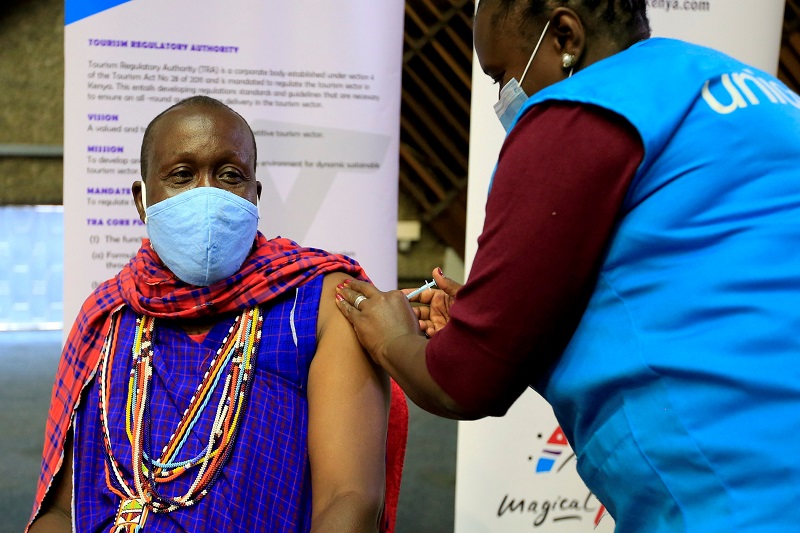Africa – According to new research from the Mo Ibrahim Foundation, the present health crisis has exposed the frail character of Africa’s health institutions. In certain nations, a lack of data is one of the most significant difficulties facing health systems. According to the survey, more than half of African children do not have a legal existence since they were not registered at birth.
Furthermore, only 10% of deaths on the continent are officially recorded, compared to 98 percent in Europe. These low rates are problematic at a time when countries all around the world are systematically monitoring Covid deaths. According to the survey, African countries with the highest overall mortality rates also have the highest number of instances of covid. Another issue identified by the research is healthcare access, which is already prohibitively expensive on the continent.
Related Posts
Only ten African countries, including Algeria, Botswana, Burkina Faso, Gabon, Mauritius, Namibia, Rwanda, Seychelles, Tunisia, and Zambia, will provide free and universal health care to their populations by 2021. Nonetheless, in 2001, in Abuja, Nigeria, an African Union member country pledged to allocate at least 15% of its budget to health care. In 2018, however, no African government has been able to keep this promise. Benin, Cameroon, Comoros, Eritrea, and South Sudan are among the five African countries where public health expenditures is less than 3% of overall government spending.
Finally, the research brings attention to a fundamental issue in Africa’s medical sector: brain drain. Covid-19 has exacerbated the situation: in order to supplement their medical workforce, numerous Western countries have recruited immigrant doctors, mainly Africans.
This is the situation with the United States, which hired 8,600 Egyptian doctors by the end of March 2020. A doctor costs between $21,000 and $59,000 in each African country. Africa is predicted to lose $2.0 billion each year as a result of this brain drain. Meanwhile, hiring these African-trained doctors saves countries like the United States, the United Kingdom, Australia, and Canada a total of $4.6 billion in training costs. By 2030, Africa will have a 6.1 million-strong medical workforce shortfall

